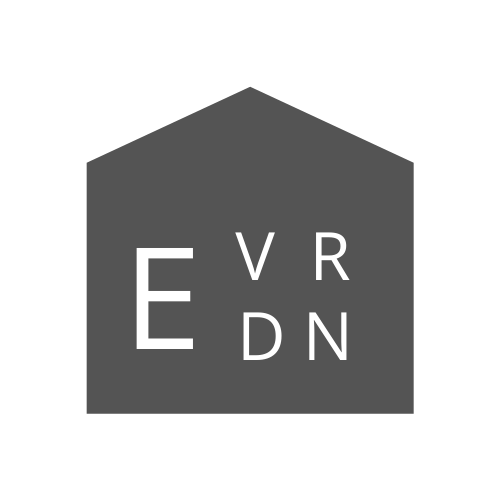The exterior siding of your home plays a crucial role in enhancing its curb appeal, protecting it from the elements, and contributing to its overall aesthetic. With a plethora of options available on the market, choosing the right exterior siding can be a daunting task. Factors such as durability, maintenance, cost, and style all come into play. This comprehensive guide will help you navigate through the decision-making process and select the ideal siding for your home.
1. Consider Your Budget
Before delving into the various siding options, it's essential to establish a budget. Siding costs can vary significantly, ranging from budget-friendly options to more premium materials. Remember that the initial cost might not be the only expense; consider long-term maintenance and potential replacement costs when making your decision.
2. Evaluate Durability and Maintenance
Different siding materials offer varying levels of durability and maintenance requirements. Some materials, like vinyl and fiber cement, are known for their low maintenance needs and durability against weather elements. Wood siding can offer a classic look but may require more maintenance to prevent rot and pests. Stucco and brick are also relatively low-maintenance choices, but they have their own considerations.
3. Climate Considerations
The climate of your region should heavily influence your siding choice. If you live in an area with harsh winters, you'll want a siding material that can withstand cold temperatures, moisture, and potential impacts. In contrast, homes in hot and humid climates require siding that can resist fading, cracking, and mold growth.
4. Aesthetic Appeal
The exterior siding you choose should harmonize with the architectural style of your home. Consider the color, texture, and overall look you want to achieve. Traditional homes might pair well with classic options like brick or wood, while modern homes could embrace sleek materials like metal or fiber cement.
5. Siding Material Options
a. Vinyl Siding: Vinyl is a popular choice due to its affordability, low maintenance, and versatility. It comes in a wide range of colors and styles, making it suitable for various home designs.
b. Fiber Cement: This durable option mimics the look of wood, stucco, or masonry without the high maintenance associated with those materials. It's resistant to fire, insects, and rot.
c. Wood Siding: Wood offers a timeless appeal and can be customized through painting or staining. However, it requires regular maintenance to prevent decay and insect infestations.
d. Brick and Stone Veneer: These materials exude elegance and durability, but they can be more expensive to install. They're ideal for adding texture and character to your home.
e. Stucco: Stucco siding creates a seamless, smooth finish that works well for both traditional and modern homes. It's energy-efficient and requires minimal maintenance.
f. Metal Siding: Metal siding, such as aluminum and steel, is durable and resistant to weather conditions. It's often used in contemporary designs.
6. Energy Efficiency
Siding can contribute to your home's energy efficiency. Some siding materials, like insulated vinyl or fiber cement with foam backing, can provide added insulation to your home's exterior. This can lead to energy savings by reducing heating and cooling costs.
7. Longevity and Warranty
Research the expected lifespan of the siding materials you're considering. Some materials may last longer than others, which could offset their higher initial costs. Additionally, inquire about warranties offered by manufacturers to ensure your investment is protected.
Conclusion
Selecting the right exterior siding involves a thoughtful analysis of your budget, climate, desired aesthetic, and maintenance preferences. Remember that your choice will not only impact your home's appearance but also its durability and overall value. By considering factors such as budget, climate, materials, and maintenance requirements, you can confidently choose the perfect siding that will enhance your home's curb appeal for years to come.


